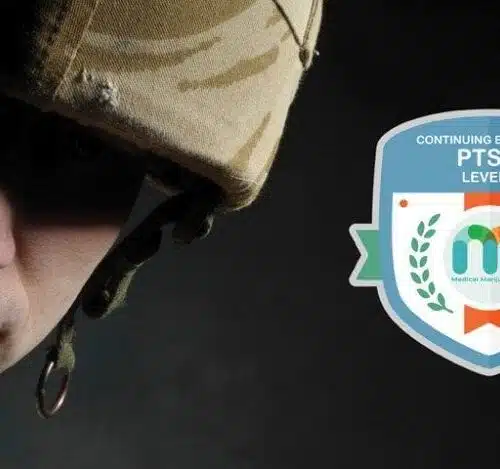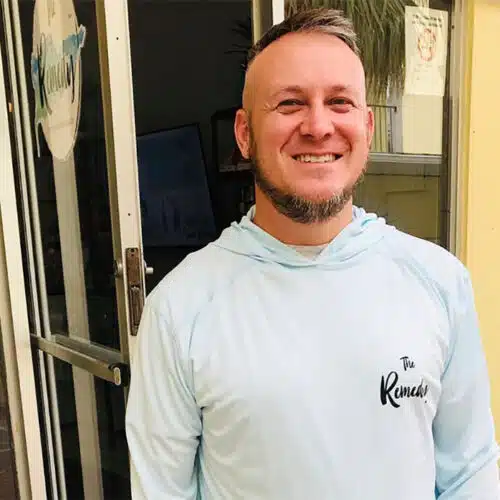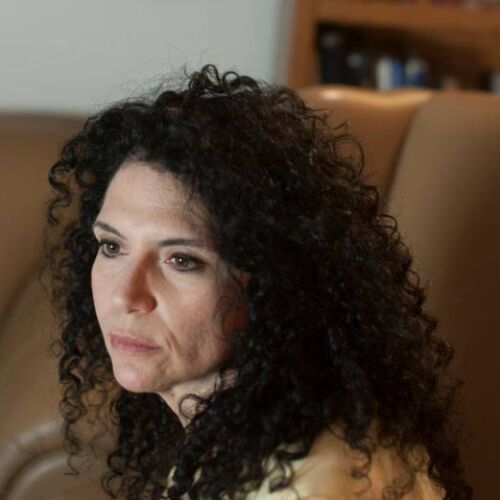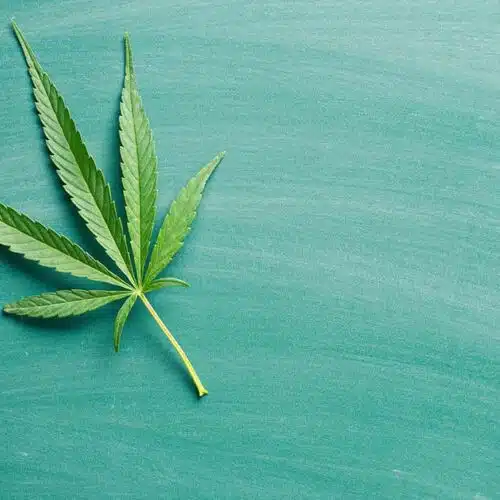An In-depth Interview With Dr. Sisley, A Researcher At That Forefront Of Studying PTSD And Medical Marijuana
Five Minutes with Dr. Suzanne Sisley – On the frontline of the battle to treat PTSD with medical marijuana is Dr. Suzanne Sisley, bravely waging a war against the existing and inhumane policies in the name of veteran rights. While it is difficult to summarize the work Sisley has done and the current fight she is facing, she makes one point undoubtedly clear: the epidemic of veteran suicide is a true public health crisis.
Medical Marijuana 411 caught up with Dr. Sisley for our inaugural “Five Minutes With Series”. . .
MM411: On the topic of her work with veterans and being fired by the University of Arizona:
Dr. Sisley: Strangely no one was really talking about veteran suicide before I got fired. It’s been one great corollary of me getting fired. A lot of people think getting fired is professionally devastating, but for me, it’s been a gift that keeps amazing me. The capacity of other human beings to empathize, and to bring awareness about this injustice has been really great. On top of that, it shined a big spotlight on the suicide epidemic. It’s the first time I saw that people were openly talking about, for one, the barriers to marijuana research. And two, the injustice of suppressing a study that could possibly answer the question: Does marijuana help for PTSD, and if so, could it help curb the epidemic of veteran suicide?
MM411: On the topic of 22 veteran suicides a day statistic being low in actuality:
Dr. Sisley: Yes. There is no question that is a low estimate. I’ll give you an example: I had a patient a few months ago who killed himself by driving his motorcycle at 100 MPH into a barricade and the government labeled it an accident. That’s commonly what happens. Most of the vets that I’ve lost in 20 years of practice have all been labeled accidents. But the fact is that these patients were actually suicidal. It takes a lot of effort for a coroners office to actually go the distance and verify that a patient killed themselves. It is much easier to label an accident. That’s one reason why it’s low. Another reason why is that only half of the states reported. It doesn’t include the reserves or active duty. The reason why they took that number and went with it was that it was the number that the VA put out last year. It was already horrific enough, even if it’s a low estimate.
MM411: On her dealings with the National Institute of Drug Abuse (NIDA):
Dr. Sisley: The fact that there is this epidemic of veteran suicide, you would think the government would be expediting this research, but instead they’re stonewalling it at every turn … It’s really sickening. These vets feel very betrayed by their own government.
They [NIDA] announced at the beginning the year that they had the CBD-only strain. That only took them about a year to grow, which is really ridiculous, as any grower could have produced it within three months. So they have that now. But the one-to-one strain, they still don’t have. We asked for 12% THC to 12% CBD, and they still haven’t been able to produce it. They wrote to me a couple months ago, saying they had something pretty close, an 8% to 9%. And I was like no, that’s not what we asked for. I’ve been trying to hold their feet to the fire and show how incompetent they are. I showed them that all these other growers already had this available, so why do we have to buy it from these knuckleheads?
MM411: On the intersection of the medical and recreational marijuana movements:
Dr. Sisley: My feeling is that the recreational movement is crucial because it enables people who can’t qualify for medical marijuana to experiment with it carefully and see if it helps. This is the problem—like in Arizona and other states as well—the list of qualifying medical conditions is fairly small. So a lot of people won’t qualify for medical but could still benefit from it … I think that recreational has definitely helped.
Medical Marijuana 411 talked with Dr. Sisley back in 2013. Although she was still employed by the University of Arizona, the conversation still has many relevant points. The correct, current organization to donate is: https://www.22hope.com/
Learn about Medical Marijuana and PTSD in our 100% Online Education System, Including More Information on Dr. Sisley and Her Work



